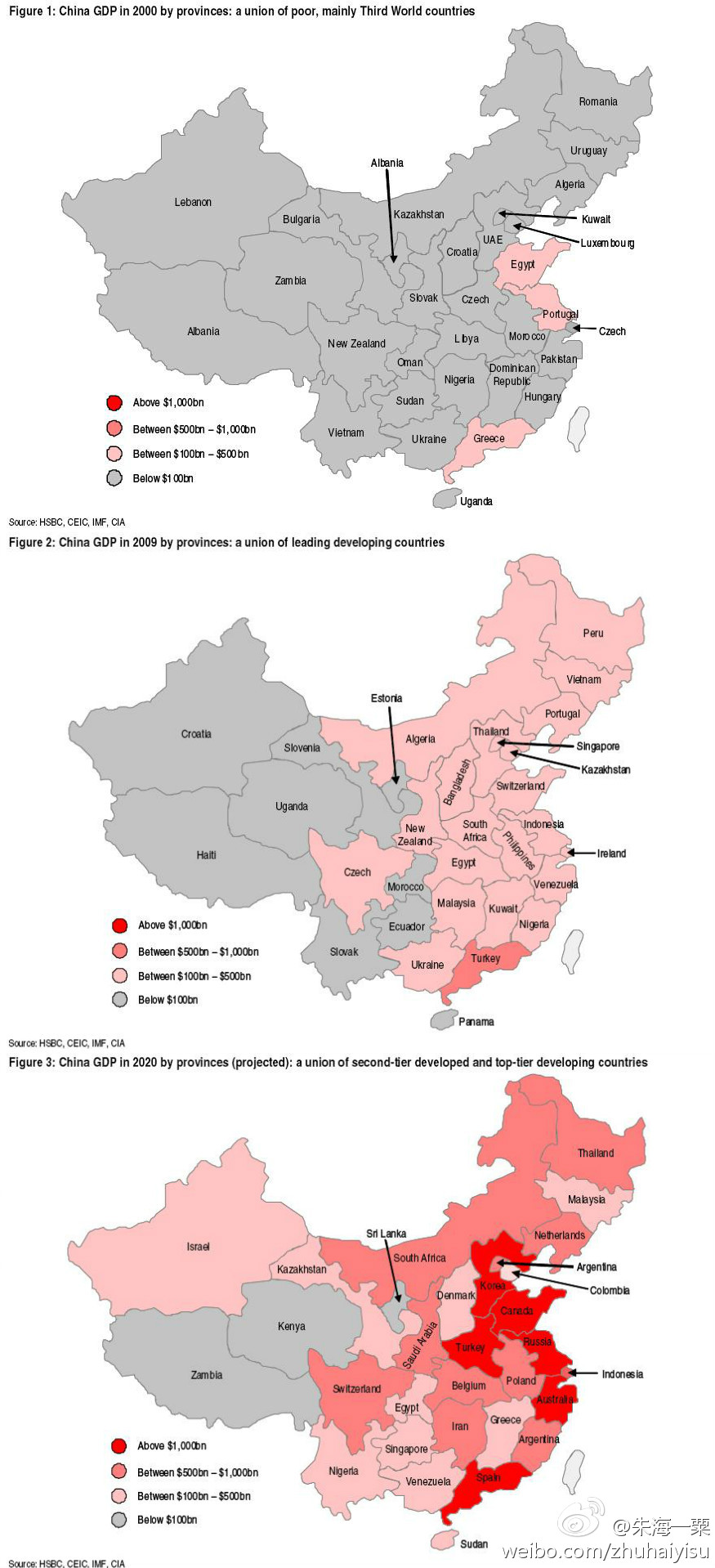China's new mini-stimulus offers signs of worry about progress
China has just announced more government spending to boost the economy.
If growth was on course to hit its target of 7.5% this year, then China wouldn't be undertaking borrowing to spend.
Although the last fiscal stimulus lasted for years, bolstered by small measures since, this is perhaps the first time that the State Council has announced new stimulus measures - since the 2008 global financial crisis - that rely predominantly on bond markets for financing.
It seems that the Chinese government is worried enough to undertake a new mini-stimulus, as the sums to be spent are not large but should bump up GDP growth if successful.
Railway projects
Some of the government spending is just pushing forward infrastructure projects - rail, social housing - that had been planned.
But, the acceleration itself is a sign of worry. It's what China did in 2009 when it injected fresh stimulus to support the economy alongside planned spending on roads and railways.
At the time it was criticised for not spending enough on social welfare that could boost consumption, but investment is the easier way towards growth for China.
The fiscal stimulus measures are being financed by the central and not local governments, and via bond markets rather than bank lending"
As a result, an excessive reliance on credit was another worrying legacy from the last stimulus, one that has now raised risks in the economy.
But, this time, there's progress. Unlike the way the last stimulus was financed, the central government is issuing bonds to finance the spending.
The reliance on local governments to finance most of the 2009 fiscal stimulus was one of the causes of the growth in borrowing, as localities can't issue bonds independently. So all of that sizeable spending ended up being financed by bank loans from state-owned banks.
The rapid growth in debt since then is a real cause of concern for the Chinese economy, as debt is estimated to be 200% of GDP.
So, this time, the central government is borrowing from the bond market, which is more the way market economies would do it.
China will issue 150bn yuan of bonds ($24bn; £14.4bn) this year to finance railways in the less-developed central and western regions.
China also announced a new 200-300bn yuan fund ($32-48bn) to finance the 6,600 kilometres (4,101 miles) of new railways this year, the bulk of which will also be in the lesser-developed interior.
It will also invest more than 1 trillion yuan ($161bn) in social housing, redeveloping shanty towns.
It looks like that will be financed by bonds issued by the China Development Bank, a development bank that essentially operates as an arm of the state.
Targets must be hit
So, the Chinese government will again issue bonds rather than rely on bank lending.
There will also be some preferential tax treatment for small and medium-sized firms.
That is also how fiscal policy operates, rather than what China has done before - which is to direct credit to support state-owned enterprises, for instance, when it wanted to boost industrial output.
So, this new mini-stimulus is pushing output forward to help China meet its growth target this year.
Many countries wouldn't worry about coming in below an impressive 7.5% growth rate. But, for Chinese officials, targets are not to be missed.
It's certainly a sign that they are worried. But, the fiscal stimulus measures are being financed by the central and not local governments, and via bond markets rather than bank lending.
BBC News - China's new mini-stimulus offers signs of worry and progress

 People writing such claims should just look back to 2008 and see how say the US or UK managed to save several big banks. Neither the economy nor the country did collapse.
People writing such claims should just look back to 2008 and see how say the US or UK managed to save several big banks. Neither the economy nor the country did collapse.